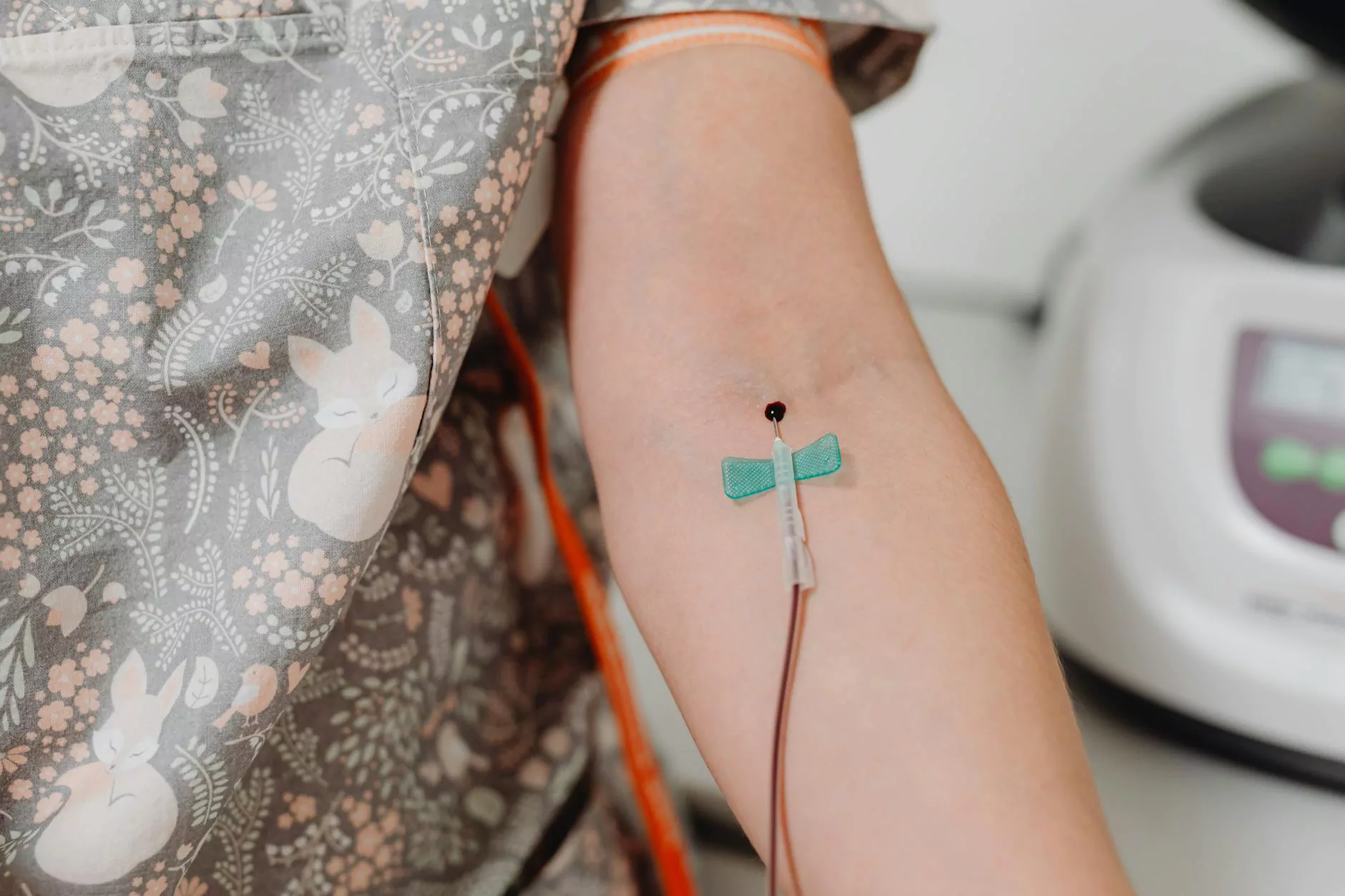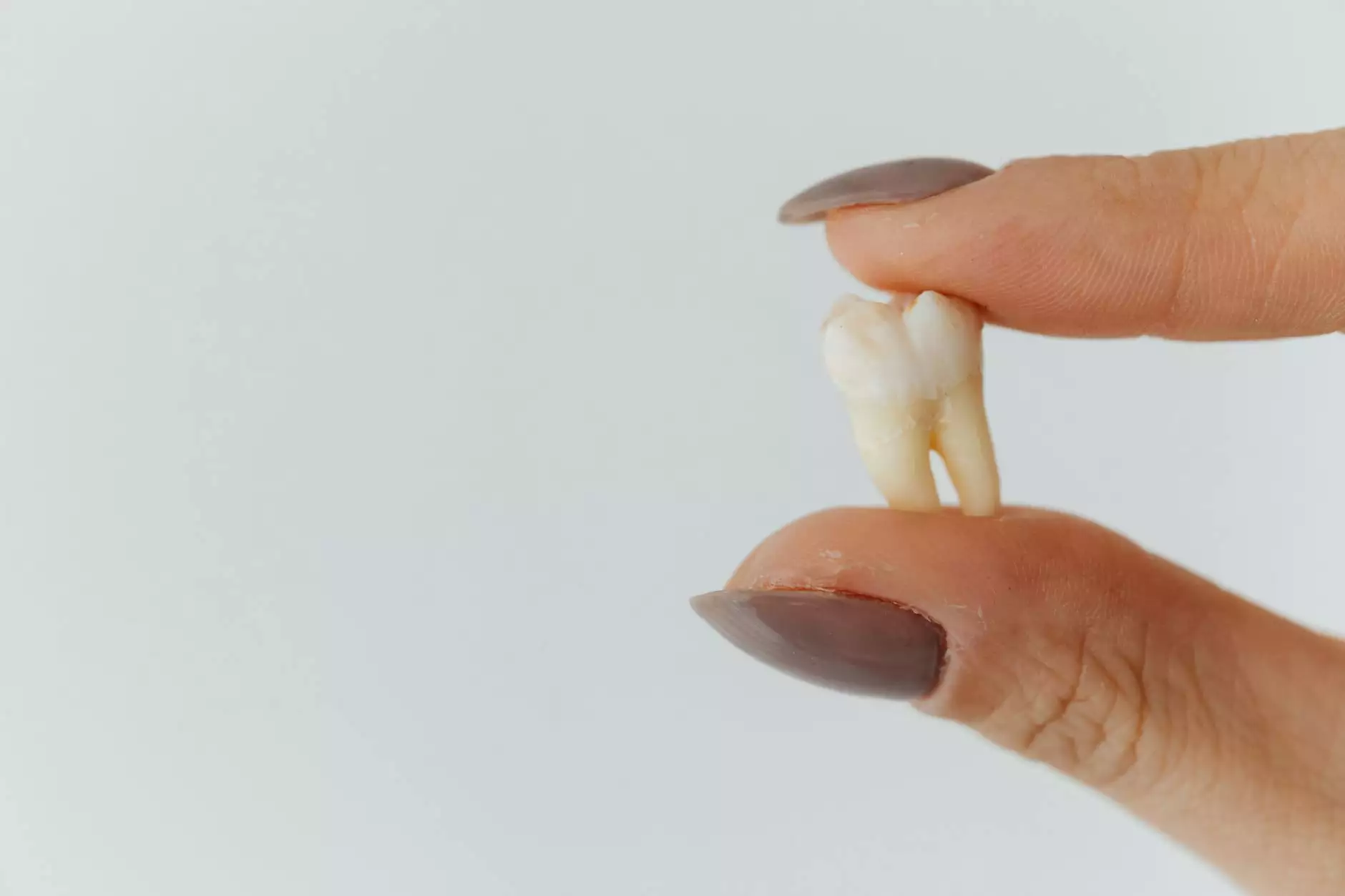The Comprehensive Guide to Varicose Doctors: Your Path to Healthier Veins

Varicose veins are not just a cosmetic issue; they are a signal of an underlying health condition that can impact your overall well-being. When seeking treatment, it's essential to consult a qualified varicose doctor who specializes in venous health. In this article, we delve into the role of a varicose doctor, the nature of varicose veins, treatment options, and preventative measures to maintain healthy veins.
Understanding Varicose Veins
Varicose veins occur when the veins in your legs become enlarged, swollen, and overfilled with blood. This condition commonly affects the veins just beneath the surface of the skin and can be caused by a variety of factors:
- Genetics: A family history of venous disease increases your likelihood of developing varicose veins.
- Age: As you age, the valves in your veins may weaken.
- Hormones: Fluctuations during pregnancy, menopause, or menstrual cycles can trigger varicose veins.
- Obesity: Excess weight exerts pressure on your veins, making it harder for blood to circulate.
- Prolonged Sitting or Standing: Occupations that require long periods of stationary positions contribute to blood pooling in the legs.
The Role of a Varicose Doctor
A varicose doctor specializes in diagnosing and treating conditions related to venous health. Their expertise includes understanding the circulatory system and providing comprehensive treatment options tailored to individual needs. The primary roles of a varicose doctor include:
- Diagnosis: Utilizing ultrasound and other diagnostic tools to assess the severity of varicose veins and underlying conditions.
- Treatment Planning: Providing a personalized treatment plan that aligns with the patient's health status and lifestyle.
- Patient Education: Informing patients about their condition, treatment options, and preventive measures.
- Post-Treatment Care: Offering guidance for recovery and the importance of follow-up visits to monitor the condition.
Diagnosis and Examination
When you consult a varicose doctor, the first step is typically a detailed medical history followed by a physical examination of your legs. Some of the diagnostic tools they may use include:
- Ultrasound: This non-invasive imaging technique helps visualize blood flow in the veins and identifies any abnormalities.
- Venography: In rare cases, a contrast dye may be injected into the veins to take detailed images.
Accurate diagnosis is crucial, as it determines the most effective treatment plan for managing varicose veins.
Treatment Options Offered by a Varicose Doctor
Once diagnosed, your varicose doctor will discuss various treatment options. These can range from conservative management approaches to more invasive procedures, depending on the severity of your condition.
Conservative Treatments
Initially, your doctor may recommend conservative treatments, such as:
- Compression Stockings: Graduated compression can help improve circulation and alleviate symptoms.
- Lifestyle Changes: Weight management, dietary changes, and increased physical activity are fundamental to minimizing symptoms.
- Elevation: Raising your legs can reduce swelling and discomfort.
Minimally Invasive Procedures
If conservative treatments prove ineffective, a varicose doctor may suggest minimally invasive procedures, which can offer significant relief with reduced recovery time:
- Endovenous Laser Therapy (EVLT): This technique uses laser energy to close off varicose veins, redirecting blood flow to healthier veins.
- Radiofrequency Ablation: Similar to EVLT, this method employs radiofrequency waves to achieve vein closure.
- Foam Sclerotherapy: A solution is injected into the vein, causing it to scar and close, which is then reabsorbed by the body over time.
Surgical Options
In more severe cases, surgical intervention may be necessary. Surgical options typically include:
- Vein Stripping: This involves removing varicose veins through small incisions.
- Ambulatory Phlebectomy: This is a minimally invasive procedure to remove smaller surface veins using tiny punctures.
Choosing the Right Varicose Doctor
Selecting the right varicose doctor is crucial for effective treatment. Here are essential factors to consider:
- Credentials: Ensure they are certified in vascular medicine or related specialties.
- Experience: Look for a doctor who has extensive experience in treating varicose veins.
- Patient Reviews: Research online reviews and testimonials from previous patients to gauge satisfaction and success rates.
- Consultation: A thorough consultation should provide an opportunity to discuss your concerns and treatment options.
Preventing Varicose Veins: Tips from a Varicose Doctor
Prevention is vital for maintaining vein health. A varicose doctor can offer valuable advice on preventive measures, which include:
- Regular Exercise: Activities such as walking, swimming, or cycling can enhance blood flow.
- Healthy Diet: A balanced diet rich in fiber, fruits, and vegetables can help manage weight and promote circulatory health.
- Avoiding Prolonged Sitting or Standing: Make it a habit to change positions frequently and take breaks to stretch your legs.
- Hydration: Drink plenty of water to keep your blood circulation stable.
FAQs: Insights from a Varicose Doctor
1. Are varicose veins dangerous?
While varicose veins are primarily a cosmetic concern, they can lead to complications such as blood clots and ulcers if left untreated. It's essential to seek the advice of a varicose doctor to evaluate your condition.
2. Can lifestyle changes reverse varicose veins?
While lifestyle changes alone may not reverse varicose veins, they can significantly improve symptoms and prevent the condition from worsening. A varicose doctor can help develop an effective strategy.
3. How long is the recovery after treatment?
Recovery times vary based on the treatment type. Minimally invasive procedures usually require a shorter recovery than traditional surgery. Your varicose doctor will provide specific guidance tailored to your procedure.
Conclusion
Varicose veins are more than just a cosmetic issue; they can impact your health and quality of life. Consulting a qualified varicose doctor is the first step toward understanding your condition and exploring suitable treatments. With the right guidance and a tailored treatment plan, you can reclaim your leg health and enjoy a more active lifestyle. Don’t let varicose veins dictate your life—take action today and embark on your journey toward healthier veins.



